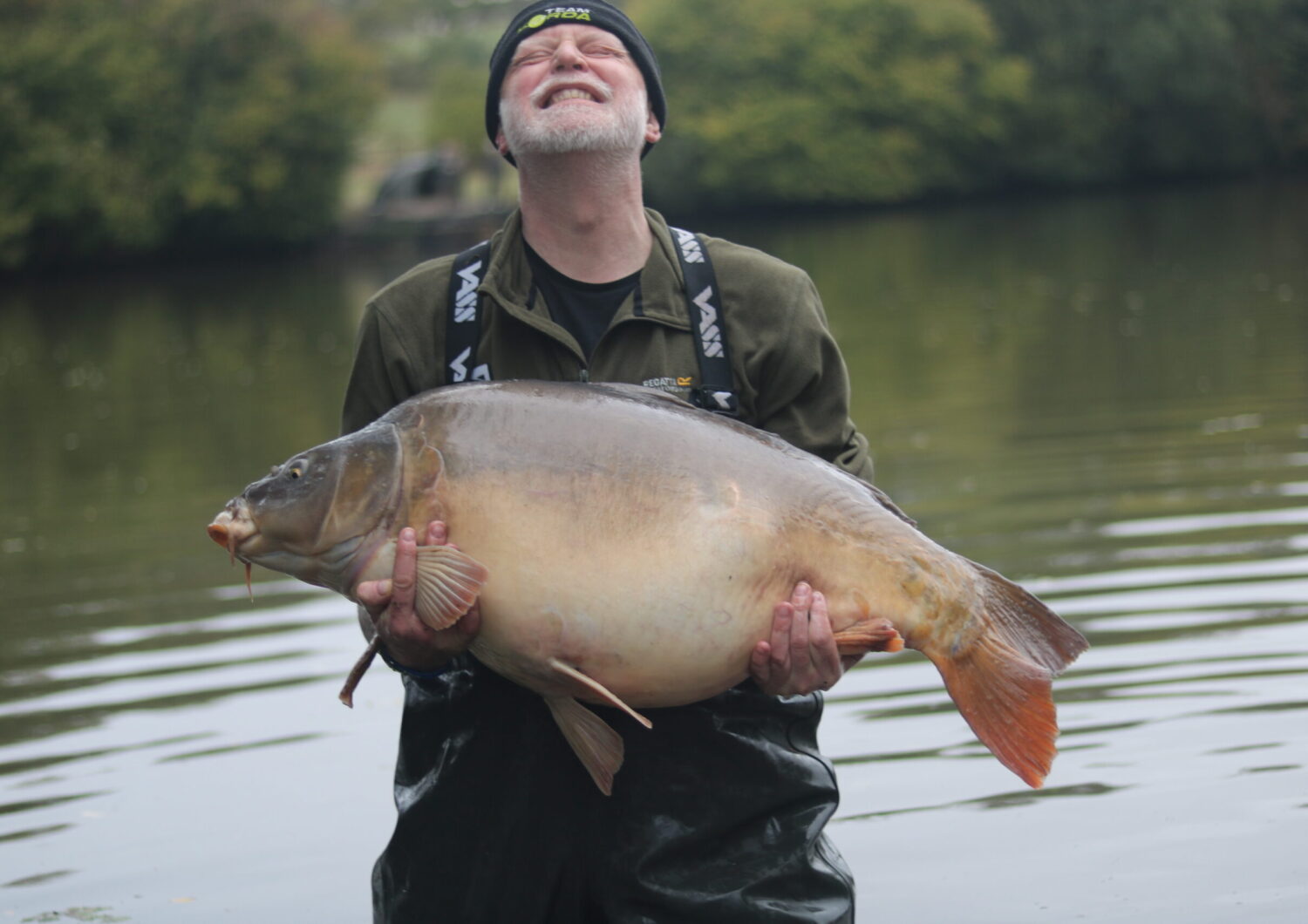
A fishing programme for people experiencing mental health conditions including post-traumatic stress disorder (PTSD) and depression has been shortlisted for a national award.
iCARP community interest company offers a tailored angling programme for people who use several services run by Essex Partnership University NHS Foundation Trust (EPUT).
These individuals are under the care of the Colchester and Tendring community specialist mental health teams, armed forces veterans under the care of the Op COURAGE specialist mental health service, and migrants and refugees who are supported by the Special Allocation Service.
The programme has been shortlisted for the category of Innovation in Community Mental Health in the Positive Practice in Mental Health Awards. The winner will be announced this Thursday 19 June.
iCARP’s fishing programme breaks down barriers for these people who may find it more difficult to open up in traditional therapy sessions, complementing the therapeutic work and engagement provided by EPUT teams.
It uses angling as a way to help people relax and learn a new skill, at the same time providing a supportive and safe space for them to talk to qualified coaches and other participants about their mental health.
More than 1,000 people attended iCARP’s programmes in 2024, many of whom were people who use EPUT’s services.
And 95% of iCARP’s coaches are people who have benefited from the fishing programme themselves for mental health challenges.
iCARP is working on a number of projects, including an extensive research project in conjunction with the University of Essex to explore the potential for angling to be prescribed in the future to help police officers, paramedics, firefighters, and coastguard rescue officers deal with trauma.
The research is being funded by the National Institute for Health and Care Research and the ultimate goal is to have angling available on social prescription.
iCARP is based in Great Oakley and was jointly founded by chartered psychologist Dr Mark Wheeler and cognitive neuroscientist Dr Nick Cooper.
Dr Mark Wheeler said: “iCARP’s intervention offers a powerful, nature-based therapeutic approach that complements traditional NHS community mental health services.
“By engaging patients in structured outdoor activities such as therapeutic angling and eco-therapy, iCARP provides a calming environment that reduces anxiety, improves mood, and supports emotional regulation.
“This unique setting fosters trust, social connection, and recovery-focused engagement, particularly beneficial for individuals struggling with PTSD, depression, anxiety or complex trauma.
“Our local NHS teams have found that working with iCARP enhances patient wellbeing, encourages consistent participation in care, builds on existing bonds formed between service users and support workers and contributes to positive long-term mental health outcomes.”
James Foster, Associate Director for EPUT’s North East Essex Community and Dementia Services, said: “Programmes like those offered by iCARP are having a powerful impact on individuals’ mental health and overall wellbeing.
“It really complements the clinical care we provide, helping the people we work with to build resilience, develop social connections, and explore new ways to manage their mental health.”
Professor Chris Greer, Pro Vice-Chancellor for Research at the University of Essex, said: “Being shortlisted for this prestigious award is a real honour for the team as well as the university.
“The pioneering work of iCARP has made real strides in developing new and innovative ways to treat the most vulnerable in society through angling.
“Veterans, refugees, and other PTSD sufferers have benefited from the techniques developed through research at Essex and we are incredibly proud of their work.”